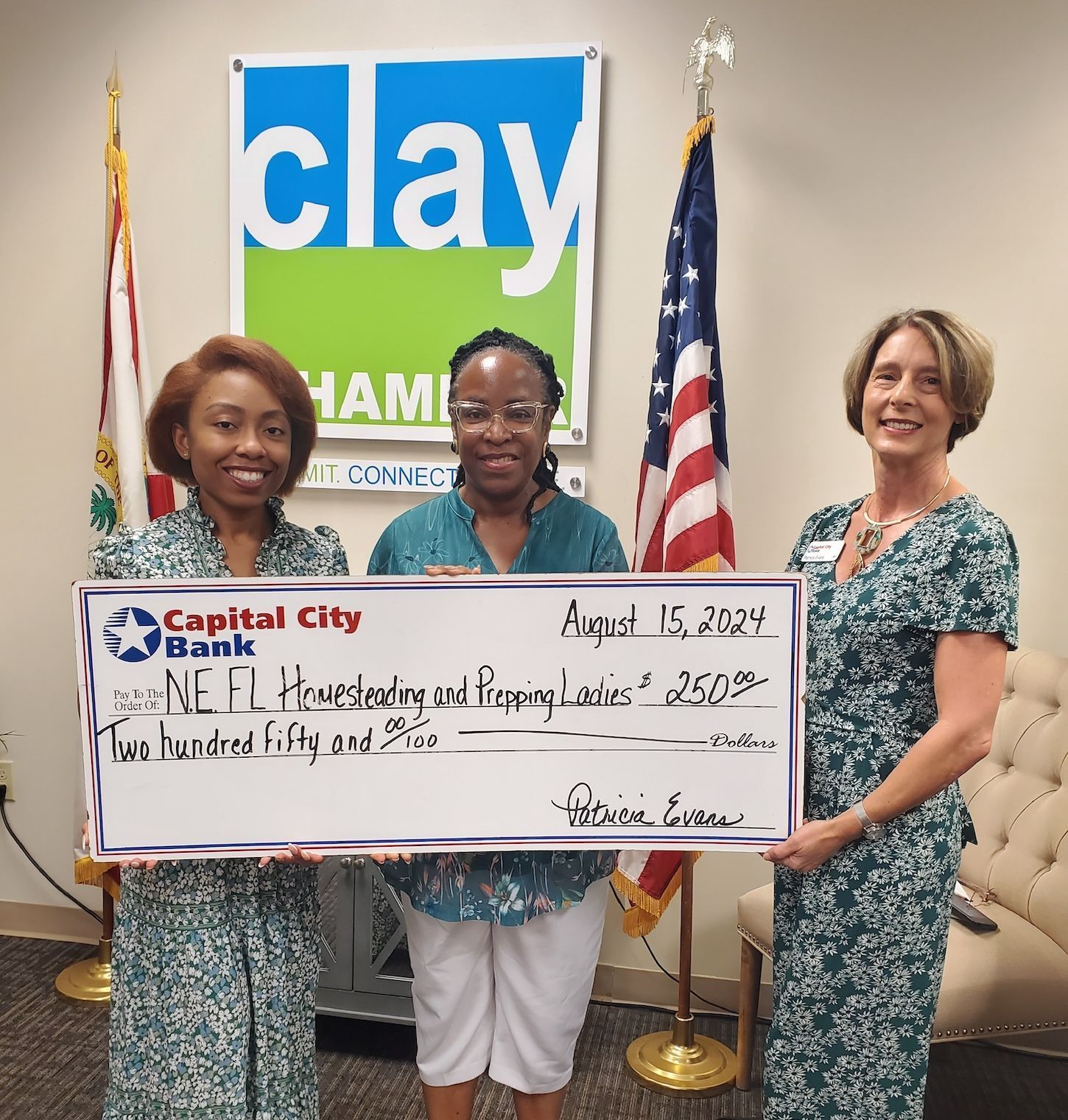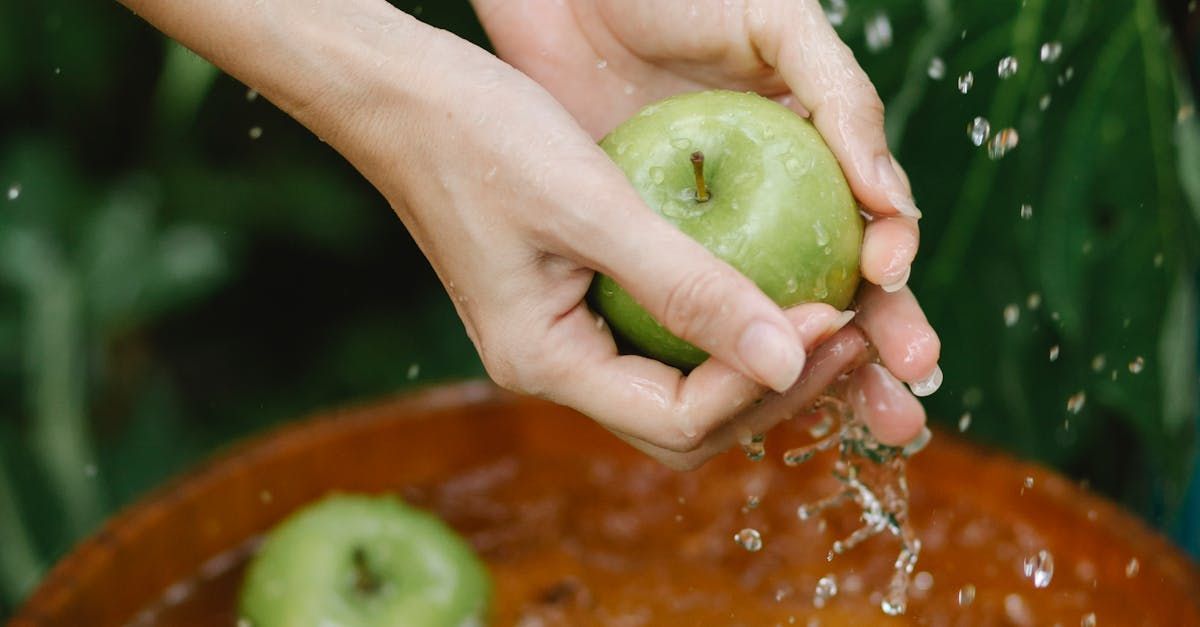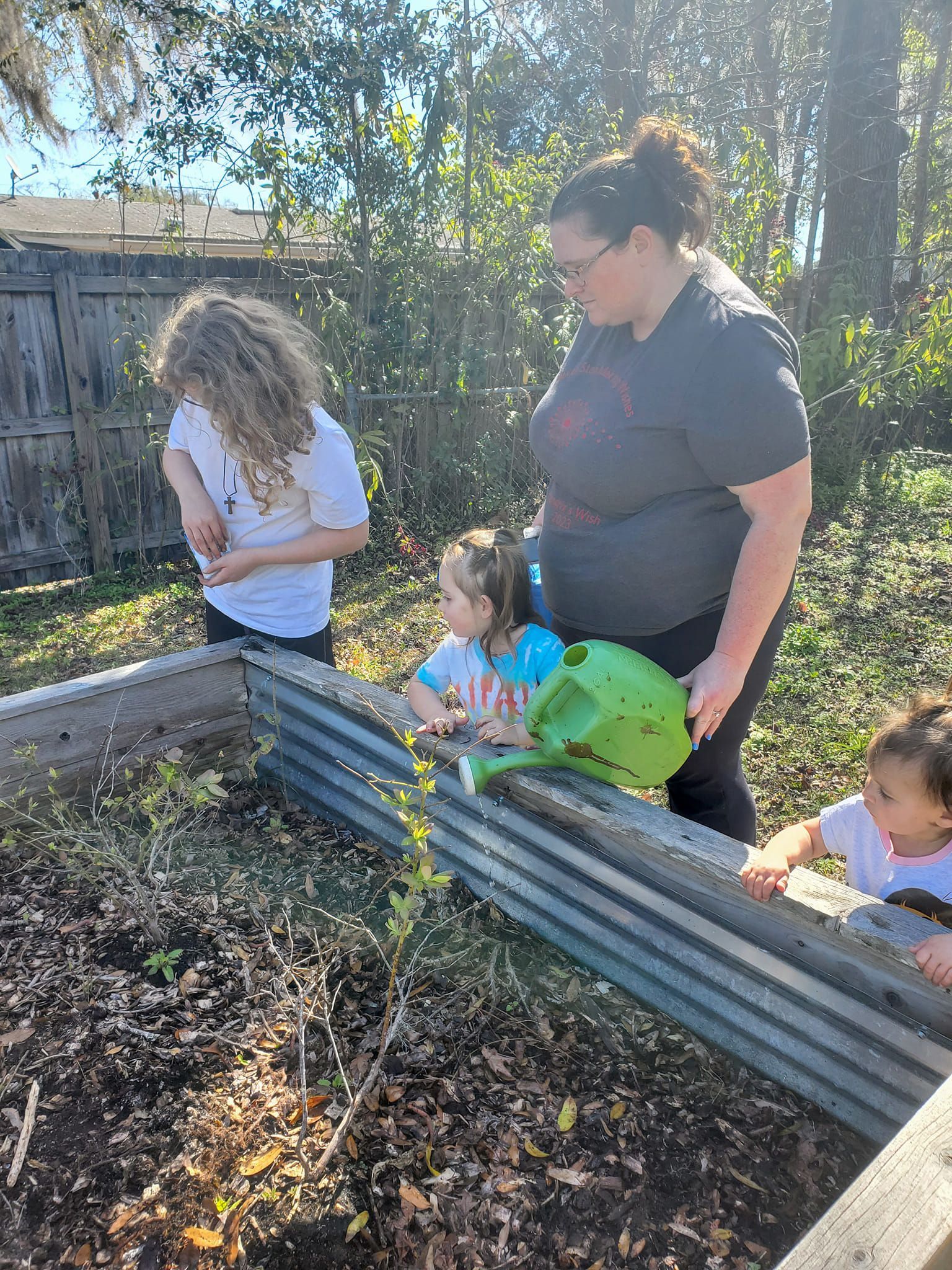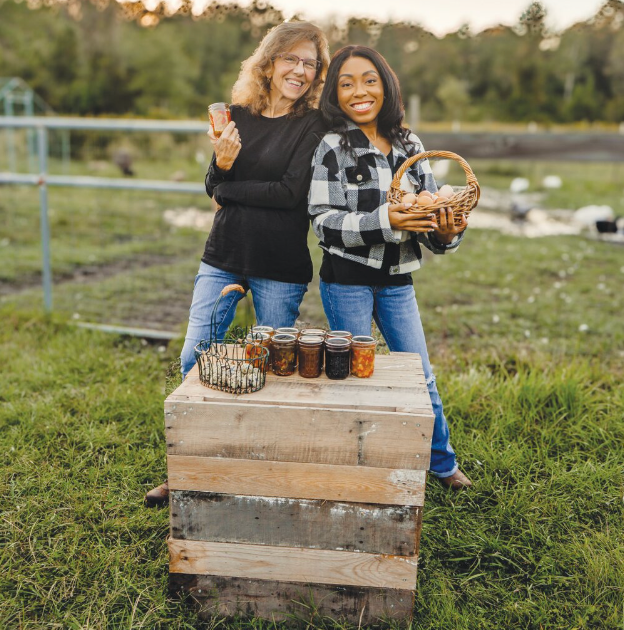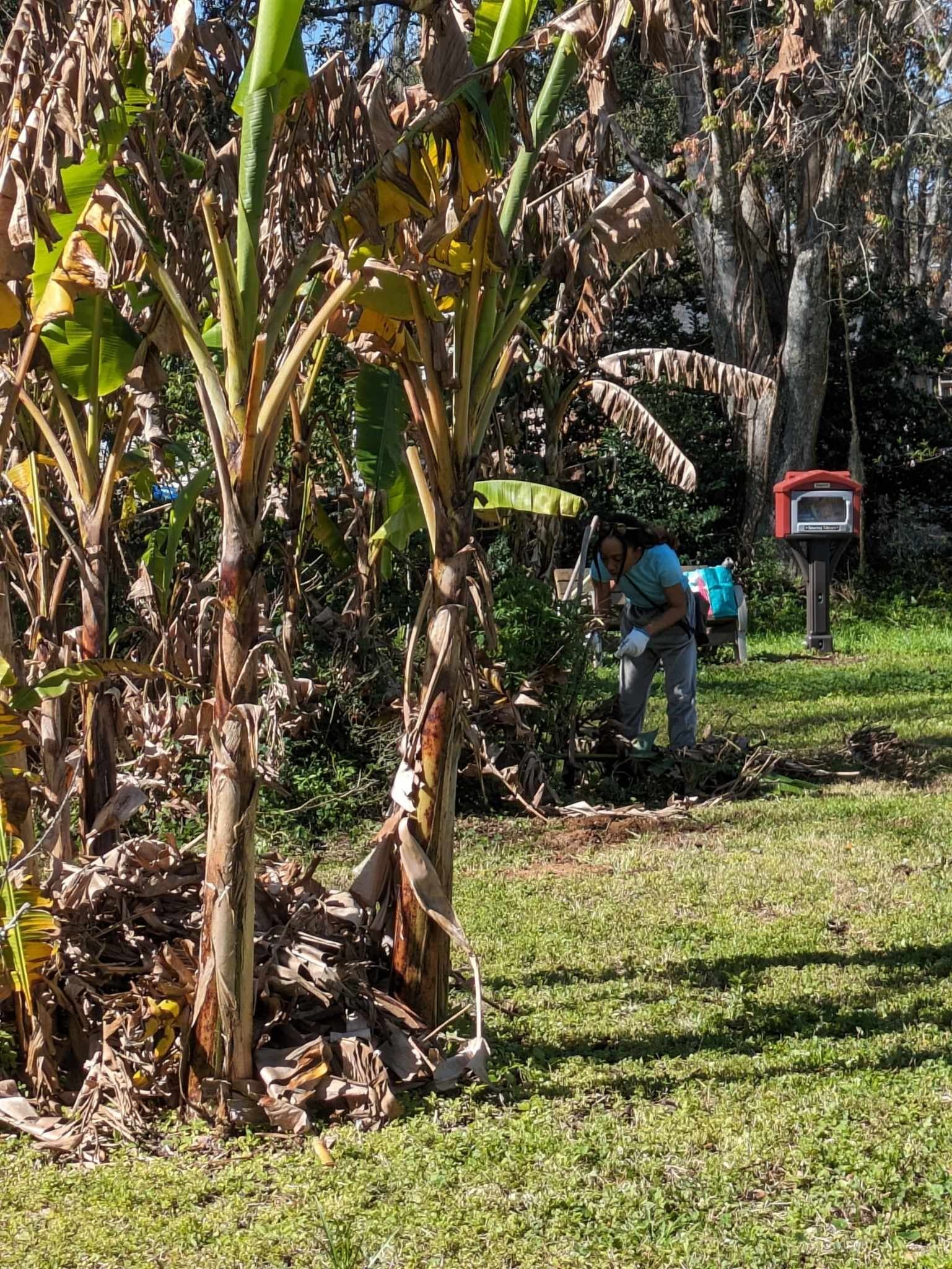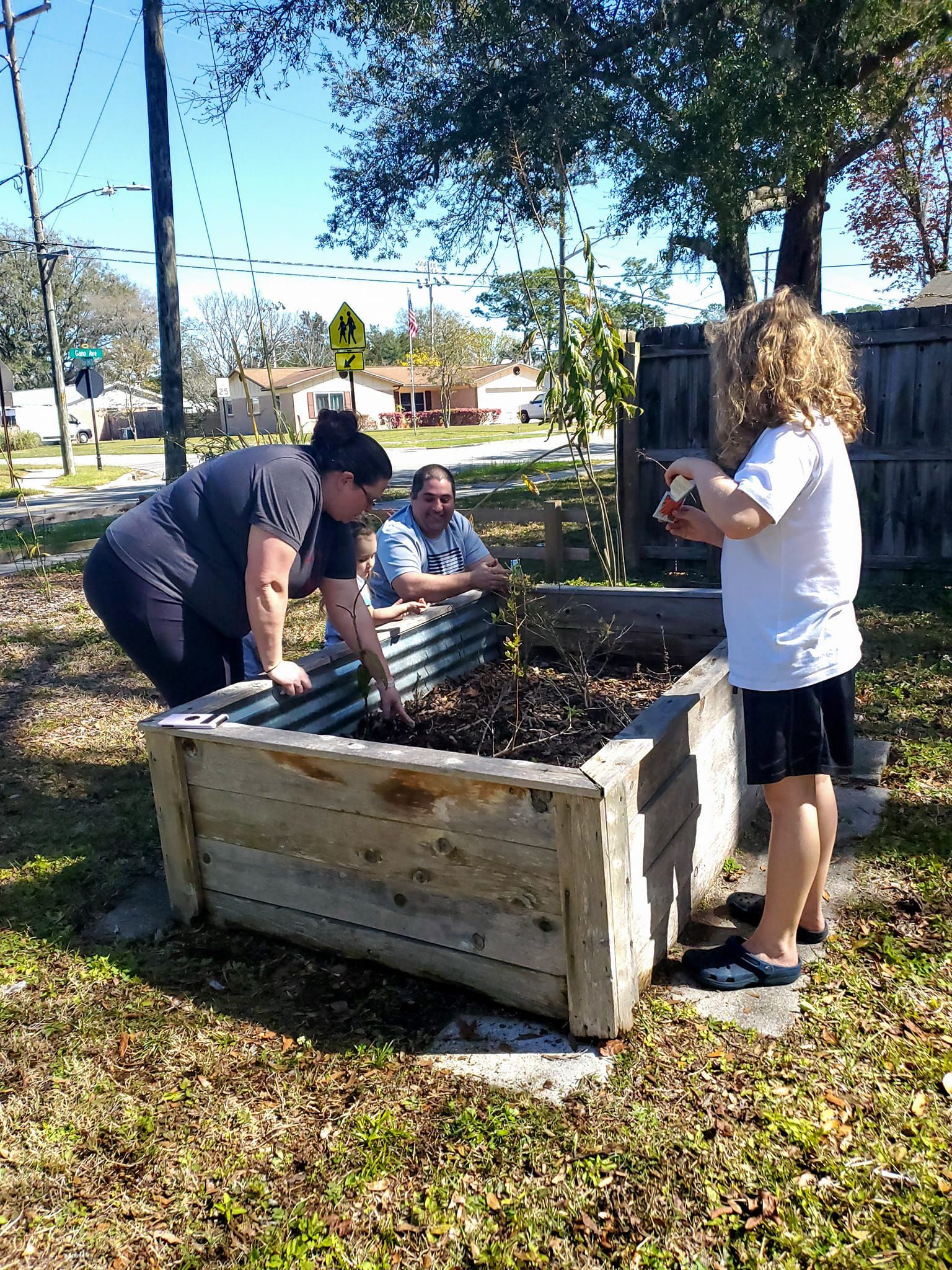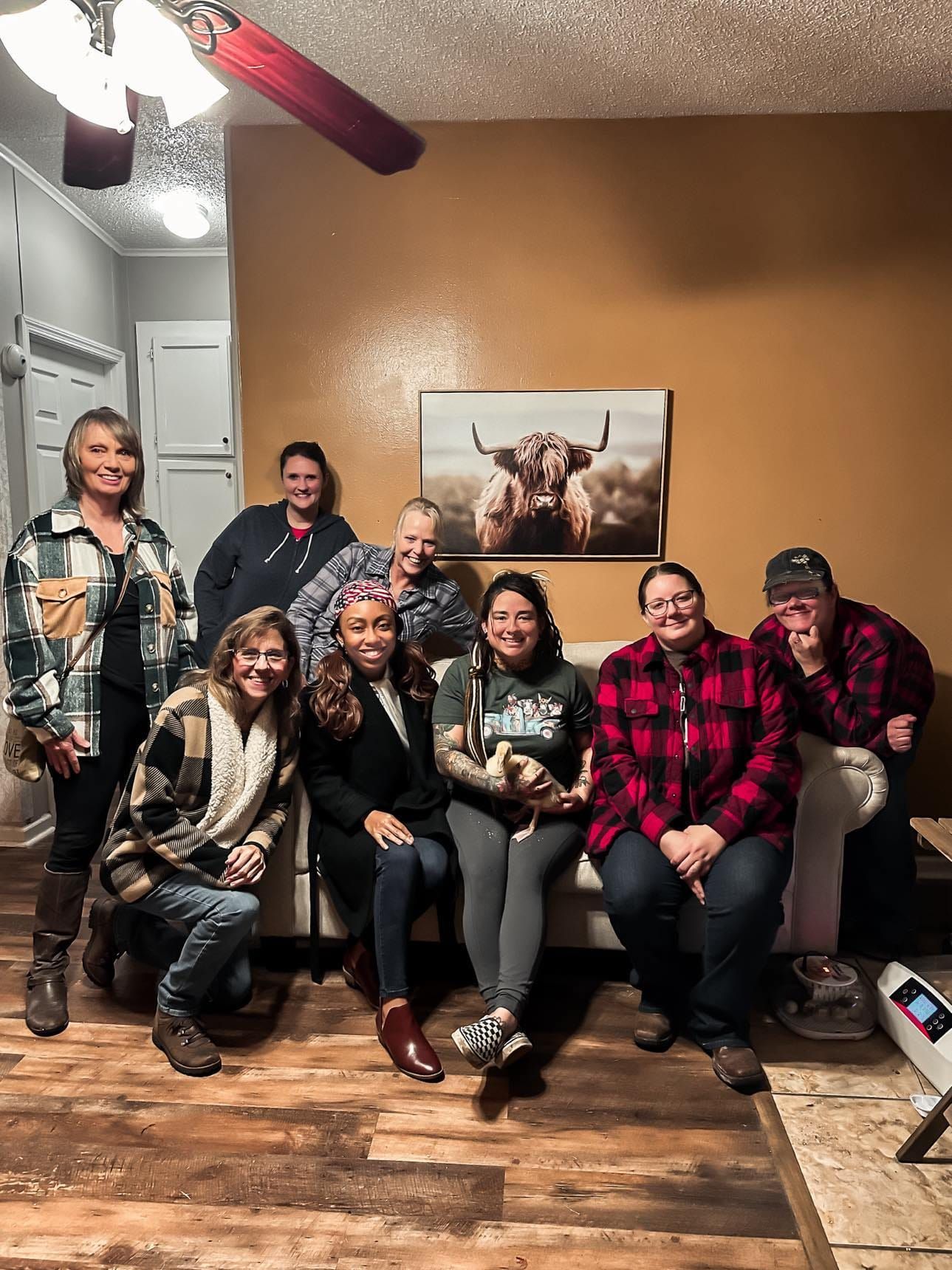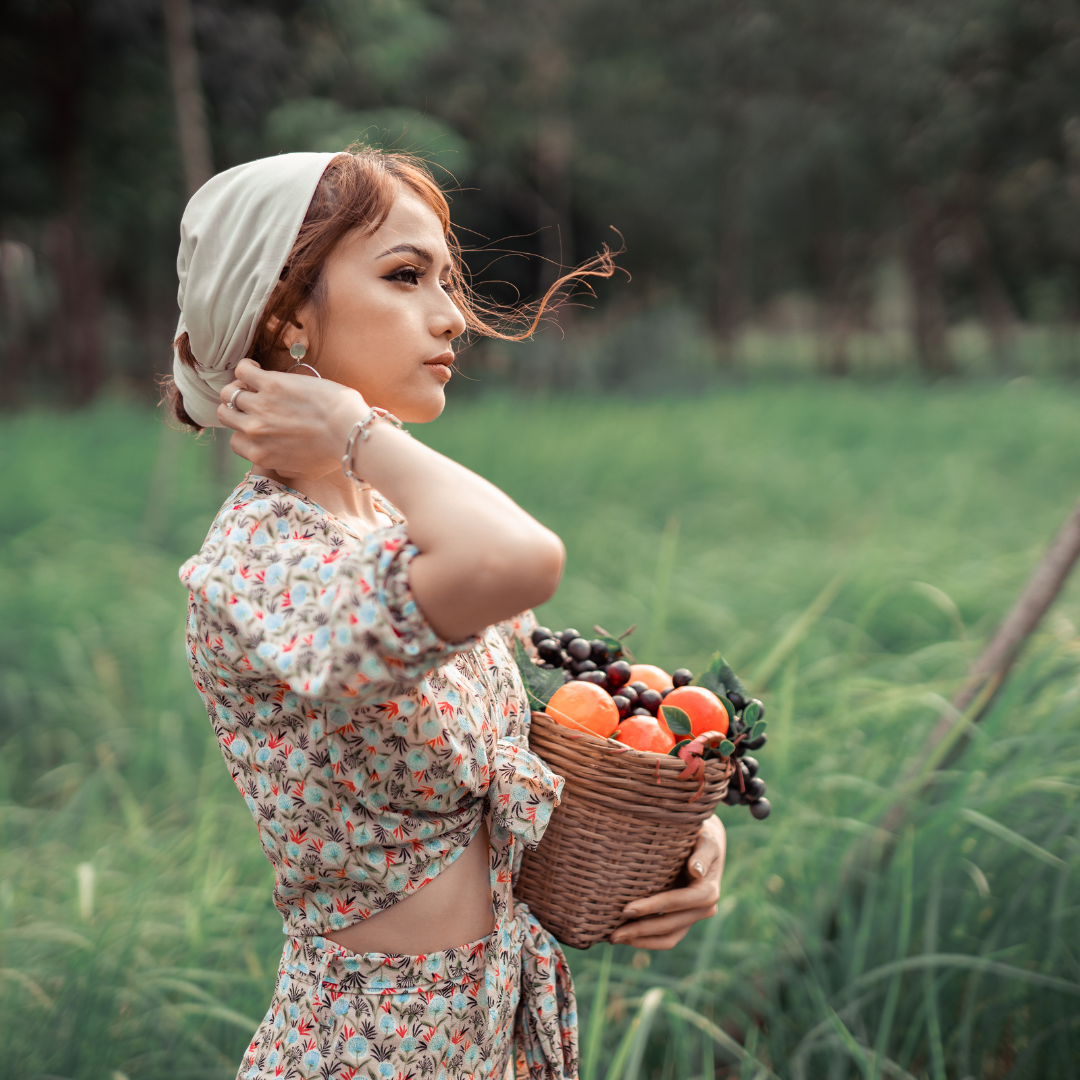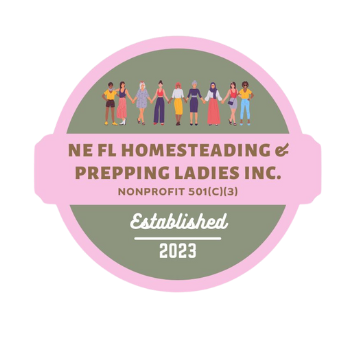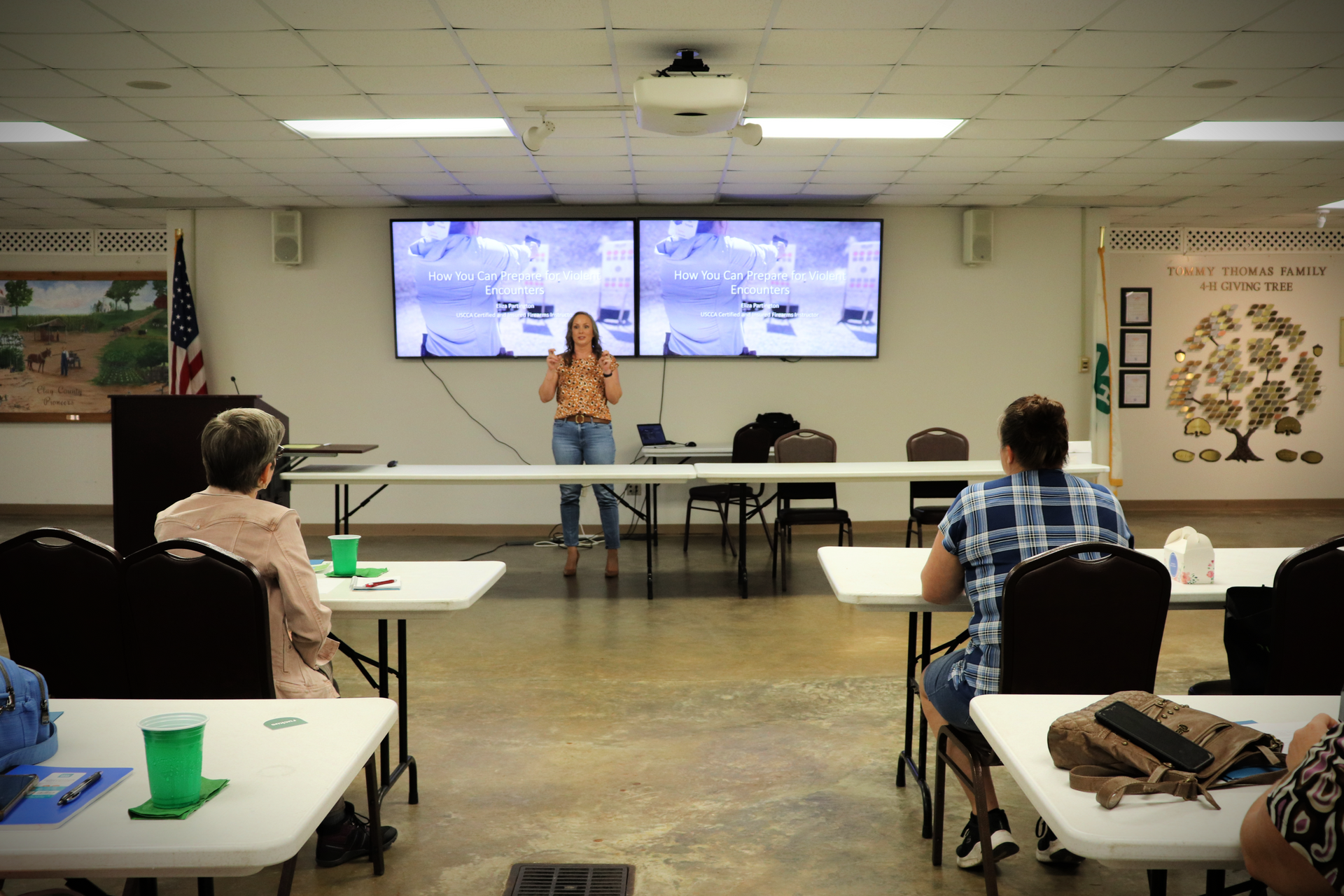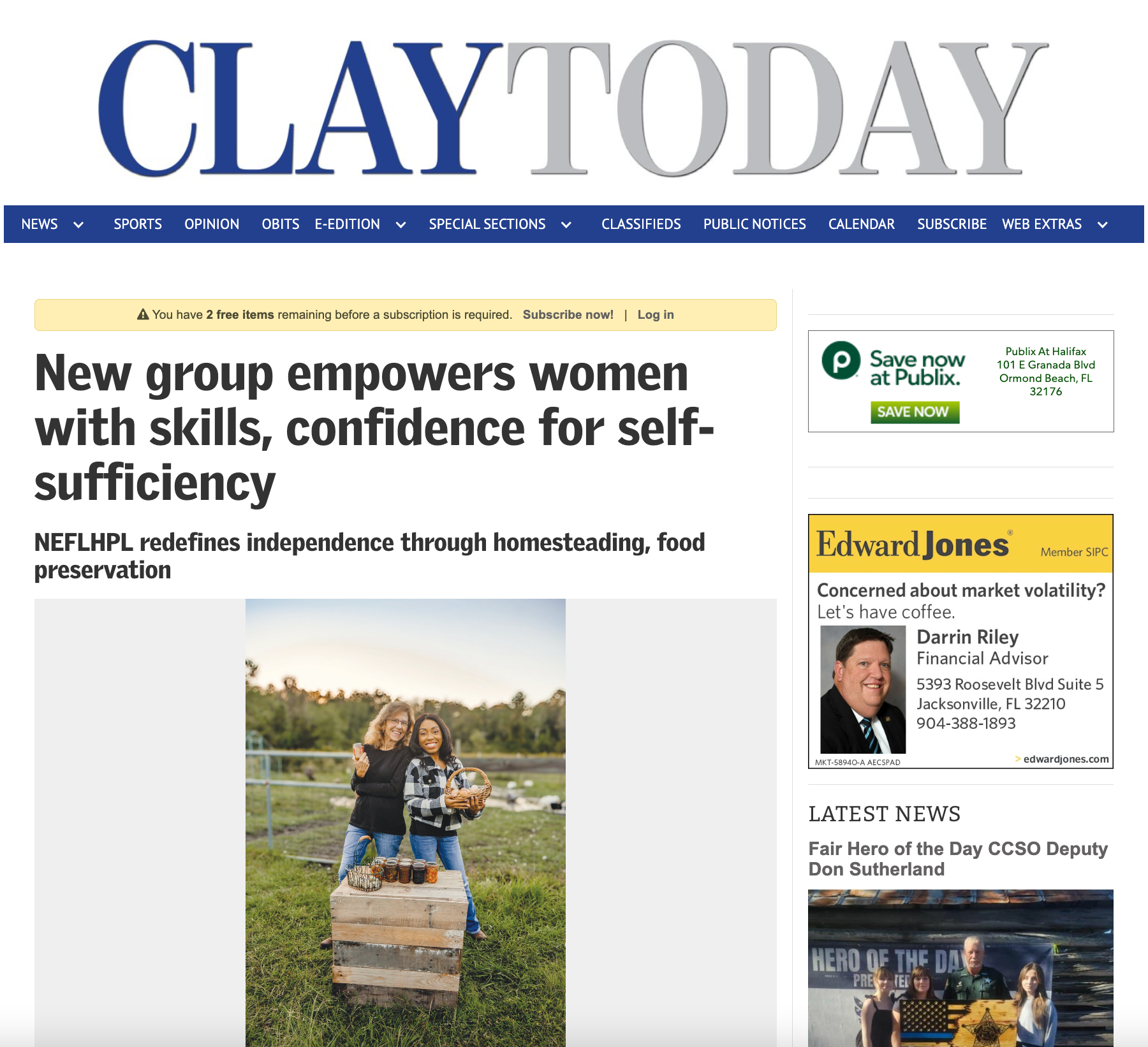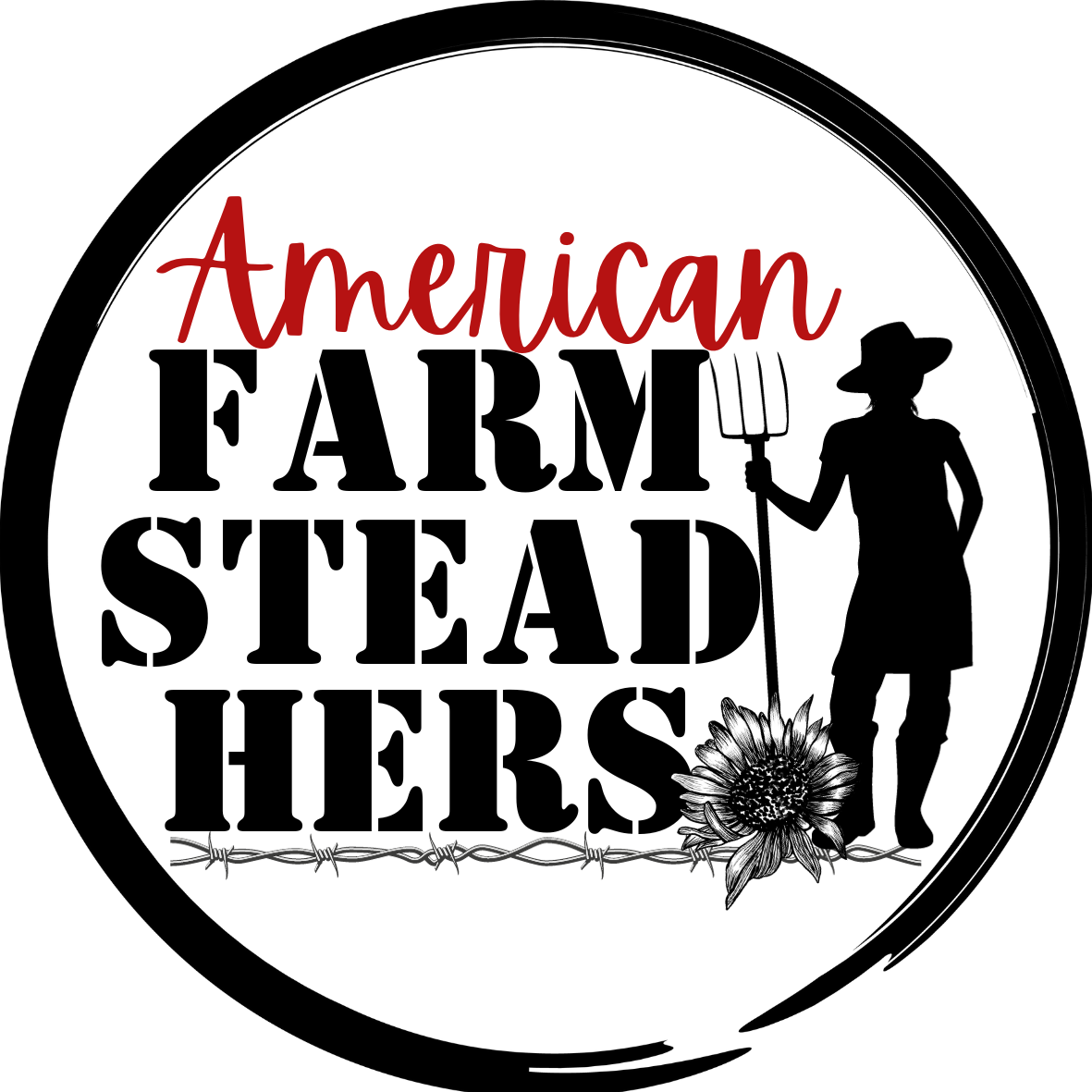Mission, Vision, Values
Our Mission:
Our mission is to empower women through education, mentorship, and community building to embrace self-sufficient living and make preparedness a fundamental aspect of their lives.
Our Vision:
Our vision at NE FL Homesteading and Prepping Ladies is to create a future where every woman in Northeast Florida is not only prepared for life's challenges but thrives in self-sufficiency. We envision a community where every woman possesses the knowledge, skills, and resources to confidently provide for herself and her loved ones while fostering a deeper connection to nature and sustainable living.
Our Values:
Empowerment: Neflhpl Inc. empowers women by providing them with the knowledge and resources to become self-sufficient and resilient in their homesteading and prepping endeavors.
Community-oriented: Neflhpl Inc. fosters a strong sense of community among women interested in homesteading and prepping, offering a platform for networking, collaboration, and mutual support.
Educational: Neflhpl Inc. focuses on education, equipping women with the necessary skills and information through workshops, training sessions, and educational materials related to homesteading and prepping.
Sustainable: Neflhpl Inc. emphasizes sustainable practices, encouraging women to adopt environmentally friendly methods in their homesteading and prepping activities, promoting self-sufficiency while minimizing the impact on the environment.
Preparedness-focused: Neflhpl Inc. places a significant emphasis on preparedness, helping women develop the necessary skills and plans to handle various emergencies and crises, ensuring they are well-equipped to protect themselves and their families.
Testimonials
Blog/In the News

